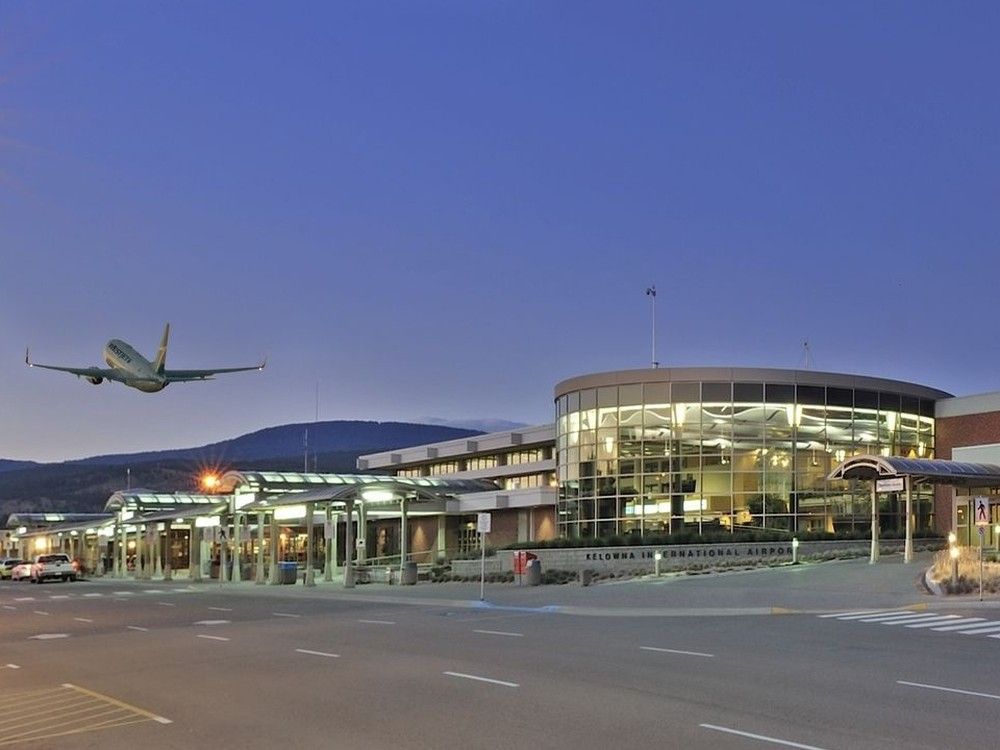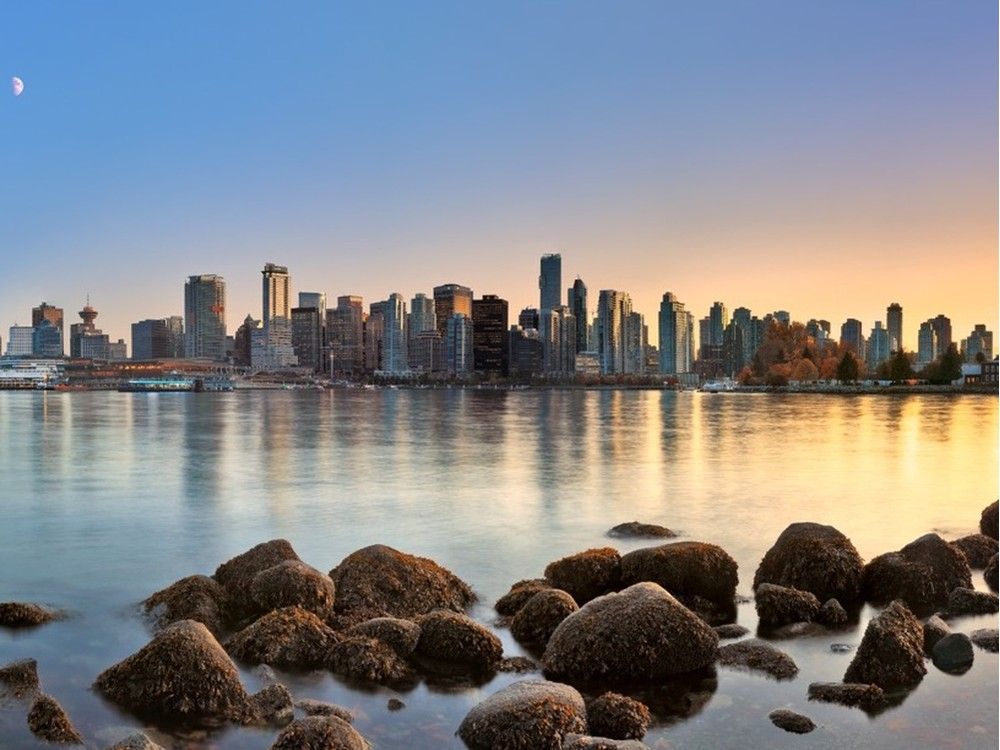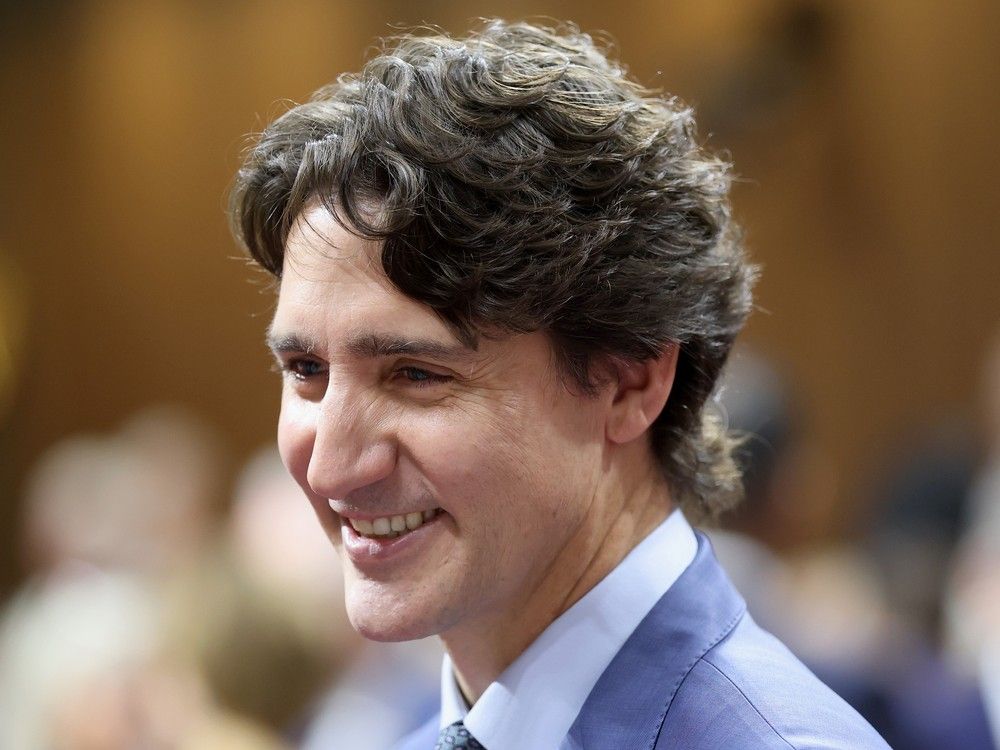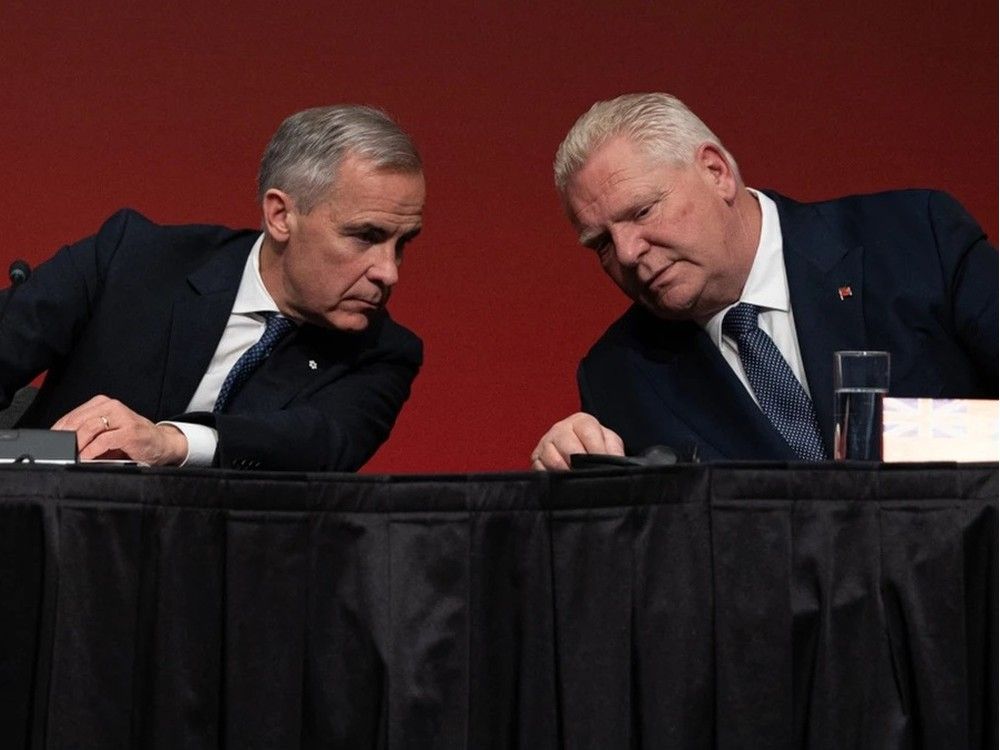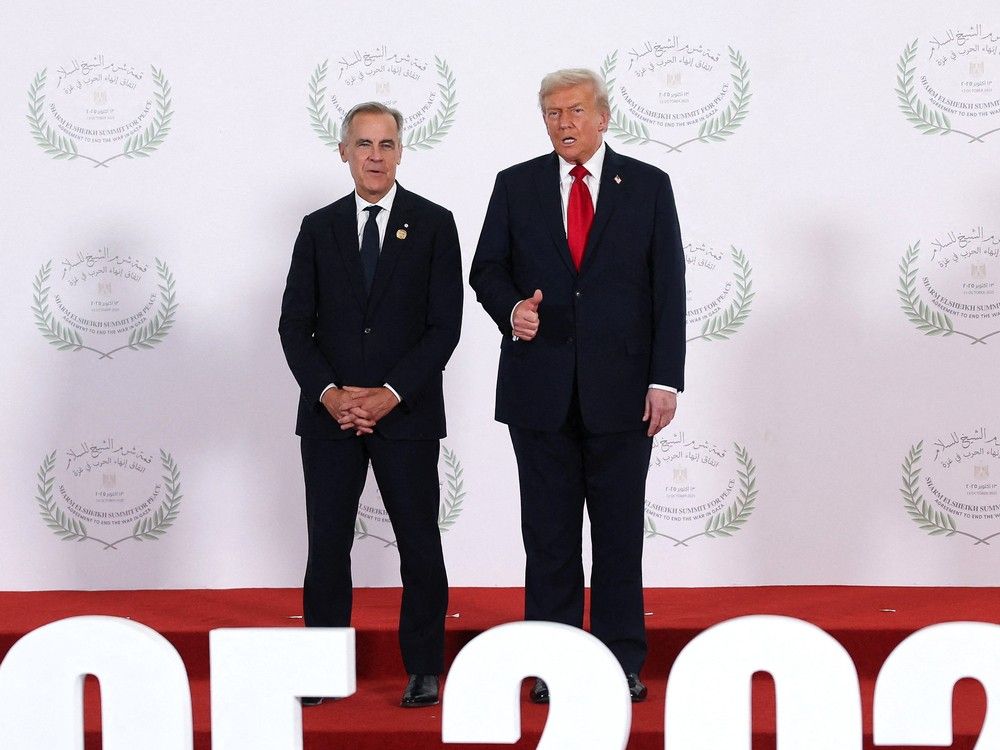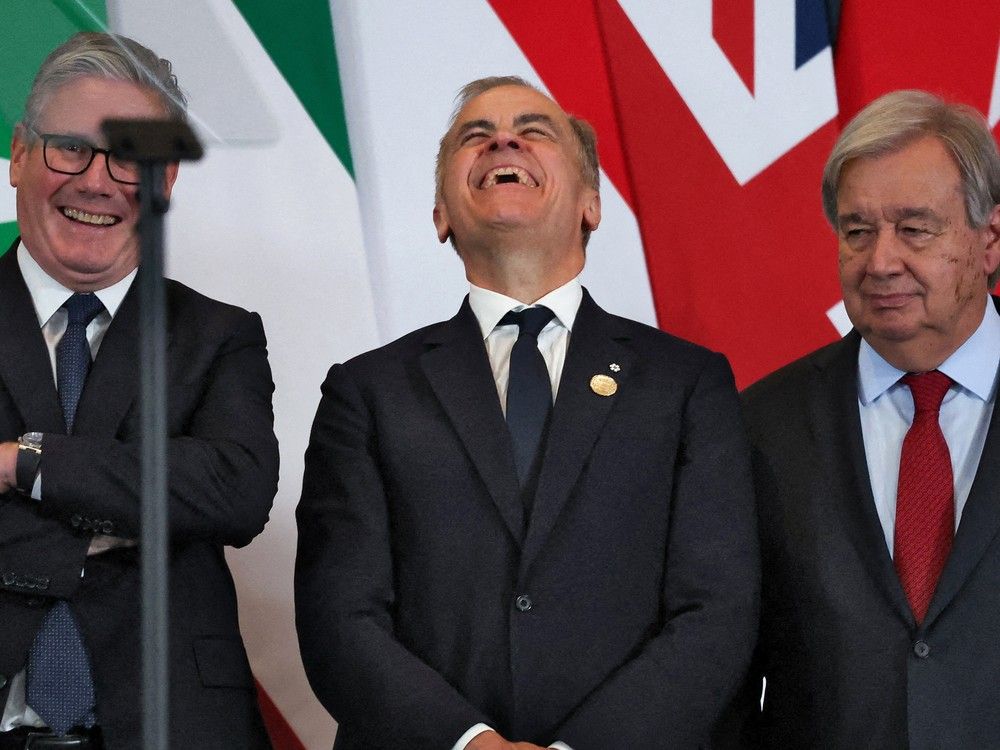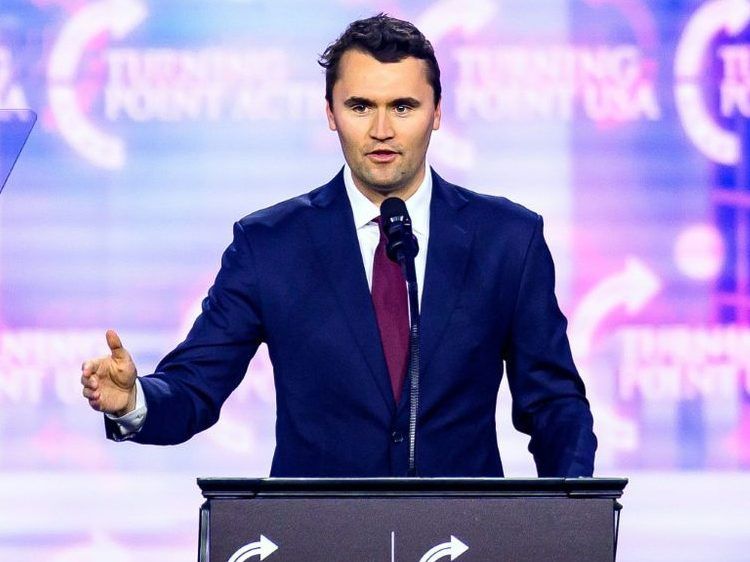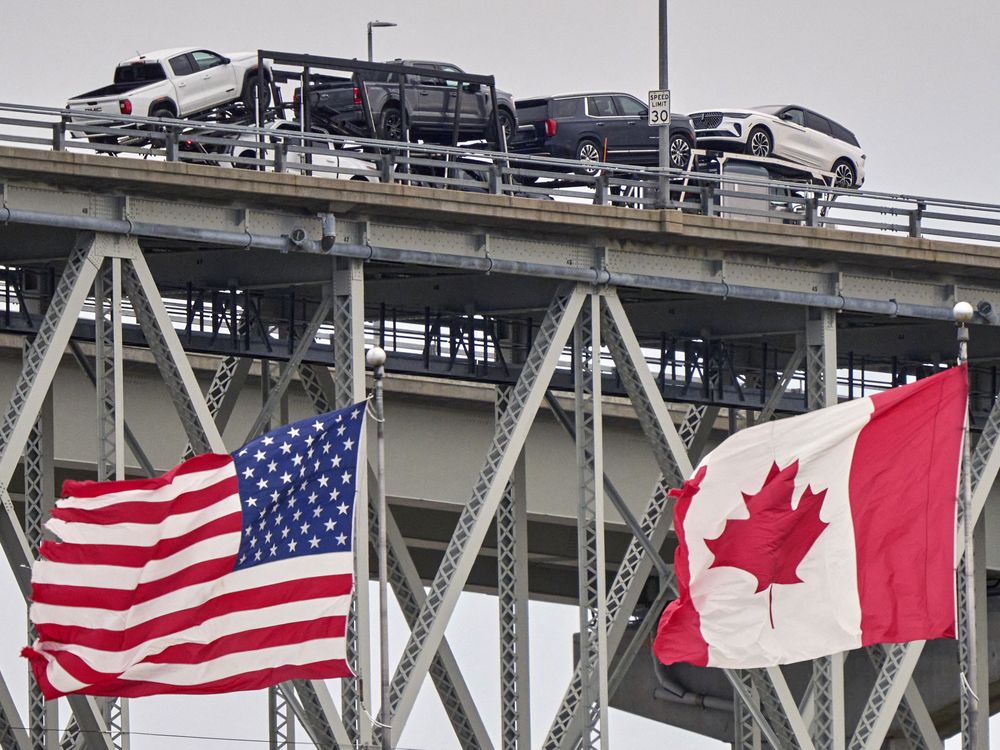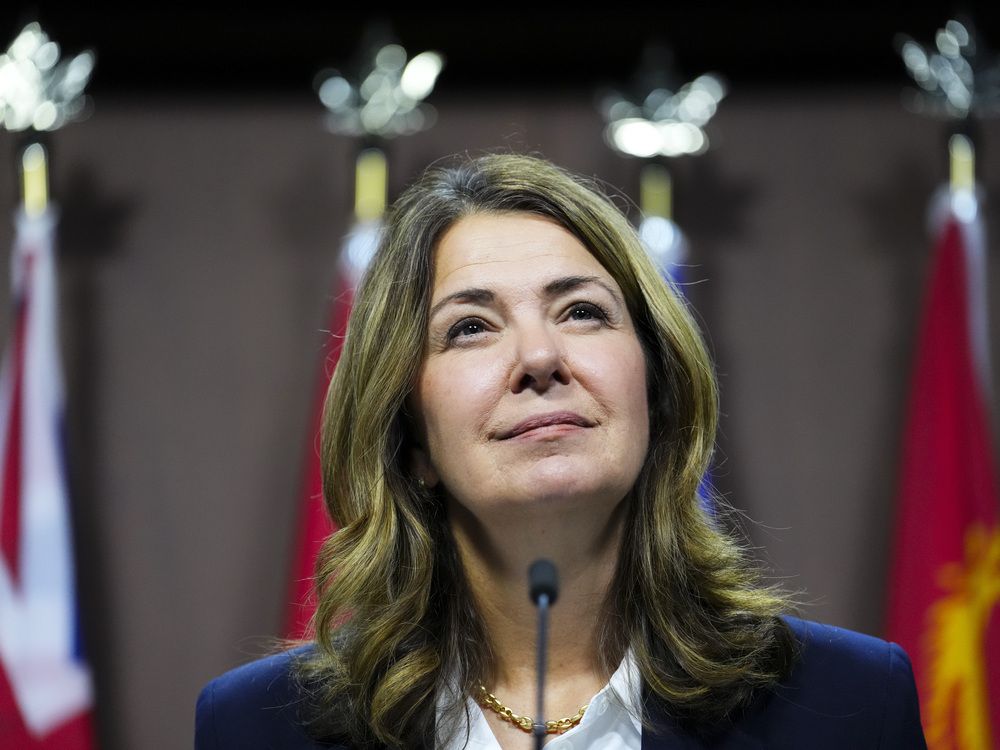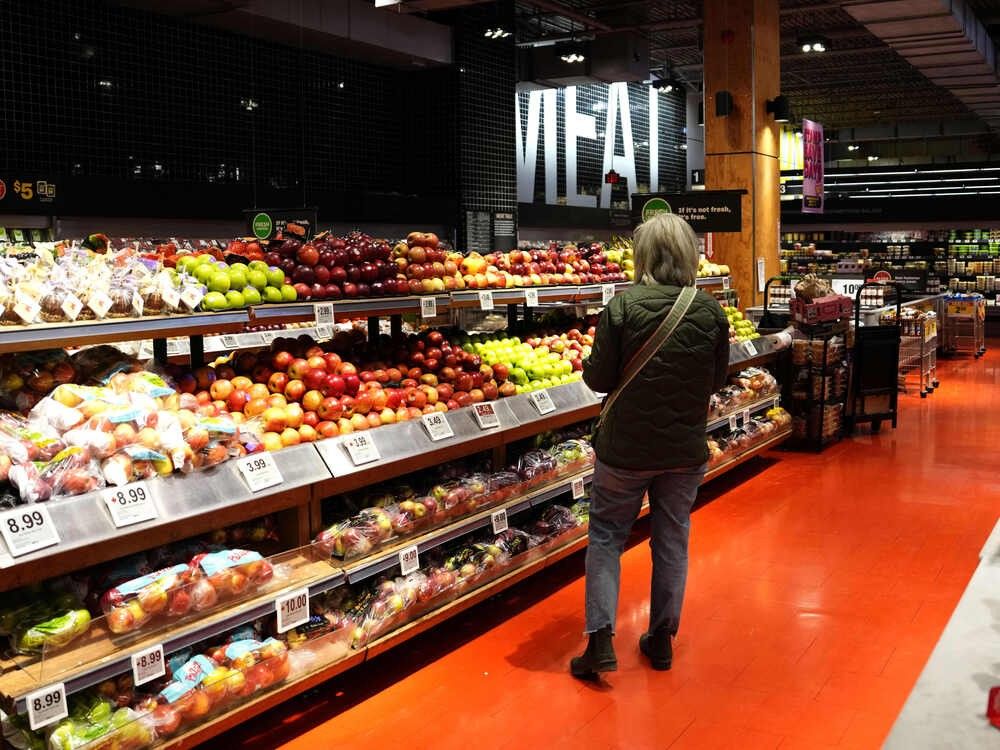
OTTAWA — NDP leadership candidate Avi Lewis is promising to lower grocery bills across the country by bringing in a national “public option” to compete with corporate supermarket chains, but economists say this could be a hard row to hoe for a meagre yield.
“I think it would be profoundly expensive, and very difficult to make succeed, for a relatively marginal benefit for Canadians,” said Mike von Massow, a professor of food, agriculture and resource economics at the University of Guelph.
“If you wanted to provide food support for low-income or underserved Canadians, (there are) much more cost-effective ways of doing that,” said von Massow.
Lewis said
that the federal government has the capacity to buy food directly from distributors and then sell it to Canadians at cost via non-profit grocery stores.
“People cannot get by when they’re paying 300 bucks for a cart of groceries … when the market fails any industry, the government has to step in and actually provide an alternative that is not in the market mindset, where everything has to make a big profit,” said Lewis.
Lewis called his plan for public grocery stores a “fantastically popular policy that I think (the NDP) can win with.”
Five large chains, three domestic and two foreign,
control roughly three-quarters
of the Canadian market for groceries.
The idea of a public option for food and groceries has recently caught fire
in democratic socialist circles
south of the border.
New York City mayoral hopeful Zohran Mamdani notably helped catapult himself to a surprise win in
June’s Democratic Party primary
by promising to open a
city-owned, low-cost grocery store
in each of the city’s five boroughs.
Mamdani has said
in existing municipal spending to set up the city-wide network of public grocers.
Jordan Leichnitz, a former senior advisor to ex-NDP leader Jagmeet Singh, says it’s not a coincidence that Lewis is talking about public grocery stores on the heels of Mamdani’s breakthrough primary win.
“Mamdani has run a campaign focused squarely on affordability issues, and he’s been able to mobilize younger voters with clear proposals on how to make their day-to-day lives more affordable,” said Leichnitz.
But food policy analyst Vass Bednar says that there are important differences in the respective proposals that Lewis and Mamdani are putting forward.
“Lewis is talking about scaling up a national public option that can directly compete with the big chains, whereas the local experiments in the U.S., from what I’ve seen, have been focused on solving market failure in underserved areas
— your quote-unquote ‘food deserts’,” said Bednar.
“The origin of these (local) proposals is not, yea, we’re going to beat Loblaws at a really low-margin, high-volume game,” she added.
Von Massow said that, even if government-owned grocery stores integrated seamlessly into the market, they’d still offer a relatively small savings for the average customer, given
for grocers.
“So even if you bought just as well as Loblaws or Sobeys do, you would only be able to reduce the cost at checkout by somewhere around five per cent. And that’s not insignificant, but that’s assuming that they do it as efficiently as the big guys, and there’s no evidence that they can,” said von Massow.
Profit margins average between 3 and 4 percent among Canada’s major grocery chains,
according to the Retail Council of Canada
.
Von Massow noted that the federal government already has programs in place to help the food insecure, such as the national school lunch program and Nutrition North.
Sylvain Charlebois, a professor of agri-foods distribution and policy at Dalhousie University, says he’s worried about how Lewis’s proposal will impact the already thinned out agri-food labour force.
“Essentially, what Mr. Lewis is trying to do is make sure that food is sold at cost. But it’s incredibly dangerous to do that, because you basically undermine the value of the work that’s being done across the supply chain, from farm gate, to store, to restaurant,” said Charlebois.
“You’re basically saying to Canadians, well, if you’re in the food business, you’re not allowed to make money … and that’s an incredibly dangerous message when we’re already struggling to recruit young Canadians to work in different areas of food distribution,” he added.
Charlebois noted that the food industry has become increasingly dependent
(TFWs) in recent years, and more government involvement in food distribution would only further this trend.
TFWs currently make up nearly
and
food and beverage processing workers across Canada. They also account
of the food service workforce.
Kent Fellows, an economist at the University of Calgary School of Public Policy, says that it’s Canada’s geography, rather than large chains themselves, that’s led to the concentration of ownership in Canada’s retail grocery sector.
“The firms themselves aren’t doing anything to keep new entrants out of the market … I think it is because of the economies of scale, particularly in the large urban centres that tend to be served by the big chains,” said Fellows.
Fellows said that there’s a stronger argument to be made for small-scale public grocers in underserved areas than a national public option.
“I think that argument really needs to be predicated on the notion that we now consider this part of the social safety net,” said Fellows.
Lewis’s campaign said in response to an inquiry from the National Post that they planned to make the federal program as flexible as possible.
“The idea is to innovate and experiment at municipal, provincial and federal levels, exploring this option that has worked in other countries and hasn’t been tried in Canada. Federal purchasing and distribution to municipally-owned retailers will work in some jurisdictions, while some provinces may be happy to work with Ottawa, as they have with public provincial Cannabis retailers,” said the Lewis campaign.
A spokesperson for rival NDP leadership candidate Heather McPherson said that she would soon be putting forward a plan focused on giving Canadians an “immediate change in the price of their groceries.”
McPherson called in a video posted to social media last month for an emergency
and a windfall tax on the big grocery chains to fund the removal of the federal sales tax on prepared foods and snacks.
National Post
rmohamed@postmedia.com
Our website is the place for the latest breaking news, exclusive scoops, longreads and provocative commentary. Please bookmark nationalpost.com and sign up for our daily newsletter, Posted, here.




